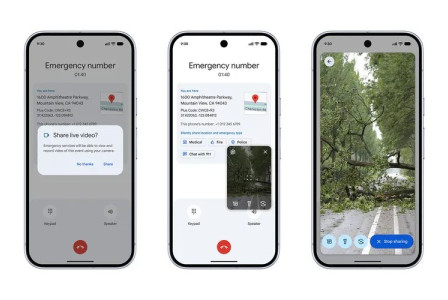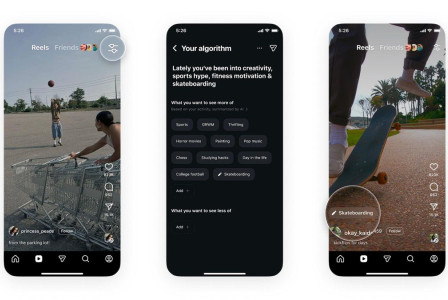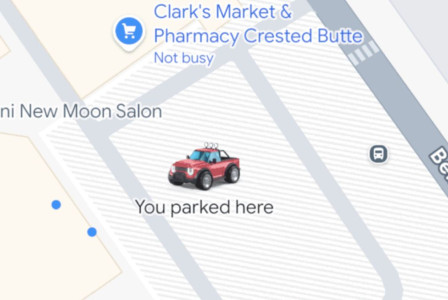SEARCH
Paris: 1 in 4 public Wi-Fi is unsafe

SHARE IT
As the Summer Olympics and Paralympics approach, Kaspersky experts have analysed almost 25,000 free Wi-Fi hotspots in Paris. Their research revealed that almost 25% of these networks had weak or non-existent encryption, making users vulnerable to theft of personal and banking data. Only 6% of networks use the latest WPA3 security protocol.
The upcoming Olympic Games in Paris, the first summer games to be held since the lifting of the pandemic restrictions, are expected to attract thousands of tourists. Researchers from Kaspersky's Global Research and Analysis Group mapped and assessed the security of open Wi-Fi networks that visitors are likely to connect to.
The researchers analysed 47,891 signal records at popular locations and Olympic venues* in Paris, identifying 24,766 different Wi-Fi access points. They found that one in four (25%) of these networks had serious security weaknesses, such as weak or non-existent encryption, making them vulnerable to eavesdropping, decryption or hacking attacks.
In addition, nearly one in five (20%) had been confirmed with WPS, an outdated and easily cracked algorithm, making them particularly vulnerable to WPS attacks that could lead to data loss. Only 6% of the networks analysed were using the latest WPA3 security protocol.
Using a Virtual Private Network (VPN), provides an extra layer of security for those accessing open Wi-Fi networks. A VPN encrypts the internet connection, creating a secure connection between the device and the internet. This encryption prevents cybercriminals from stealing data, even on unsecured networks. By hiding the IP address and and encrypting all transmitted data, a VPN ensures that personal and financial information remains protected when using public Wi-Fi.
To use public Wi-Fi safely, Kaspesky experts also recommend following these tips:
- Avoid risky transactions: Avoid accessing bank accounts or other sensitive accounts while on public Wi-Fi.
- Avoid accessing secure accounts or other private banking services while on public networks: Make sure the network is legitimate by verifying it with the facility that offers it.
- Turn on the firewall: make sure your device's firewall is active to block unauthorized access.
- Use strong passwords: always use strong, unique passwords and enable two-factor authentication for extra security.
- Keep software up to date: Regularly update your operating system, applications and anti-virus software to protect against the latest threats.
- Disable file sharing: Turn off file sharing and AirDrop on your device to prevent unauthorized access.
*The sites included in the survey are : Arc de Triomphe, Avenue des Champs Elysees, Louvre Museum, Eiffel Tower, Notre Dame Cathedral, Notre Dame Cathedral, Seine, Trocadero, National Stadium of France.
MORE NEWS FOR YOU

 Help & Support
Help & Support 

